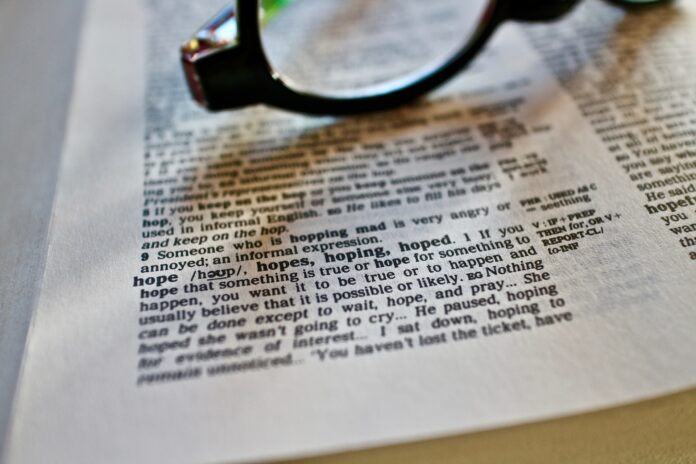The word of the 2020
In recent days, the Collins English dictionary has indicated “lockdown” as the word of the year 2020. Nothing to be surprised about since words are an expression and reflection of the reality that surrounds us. But not only. Words themselves contribute to substantiate reality, to give it shape. Therefore, we can affirm that words have “weight”, despite being physically intangible.
The discussions, started by some recent lexical choices of the government, proveit. Let’s think of the adoption of the term “curfew” to indicate the prohibition of night traffic in this second wave, as far as Italy is concerned quite a few people have accused the government of evoking war scenarios with it (maybe because we feel at war?).
The statements of politicians
Politicians, due to their role, are called upon to be skilled dispensers of words: the risk is to incur into accusations of denial, conspiracy, alarmism. Some time ago, Health Minister Roberto Speranza used the word “terrifying” to describe the curve of infections: a word that inevitably conveys a sense of alarmism, or even a situation out of control. The president of Liguria Giovanni Toti recently unleashed a storm by defining in a tweet the elderly as “not essential to the productive effort of the country”.
Old meanings’ return
All this attention, sometimes controversial, aroused by the choice of words, shows a renewed attention to vocabulary and language. In this context, commonly used terms recover old meanings. For example, the term “refreshment” which, “surpassing” the common meaning, has been chosen to indicate the economic compensation that, hopefully, will help the economic categories most affected by the crisis. This word, by the way, seems to bring with it the idea of a relief, a comfort from the hardships and pains of this period.
Old meanings are put back into circulation and new words are coined. Between new words that have entered daily life, such as droplet and lockdown, and new meanings of already in-use words,600 new words will enter in the 2021 edition of the Devoto-Oli vocabulary. The “power” of words is such that recording the most searched keywords on the web could even help predict a possible outbreak and become the new frontier of anti-covid tracking.
So yes, words have weight. Winston, the protagonist of the novel 1984, is well aware of this. In the regime in which Winston lives, people speak an extremely poor “new-language” in which the number of words is reduced to a minimum and the meaning of each word is rigidly defined. The impoverishment of language aims to reduce the sphere of thought of the people making it impossible to imagine changes. The evolution of the language and the increase of words in dictionaries are welcome then. Let’s just hope that in 2021 the word of the year will no longer be “lockdown”.








